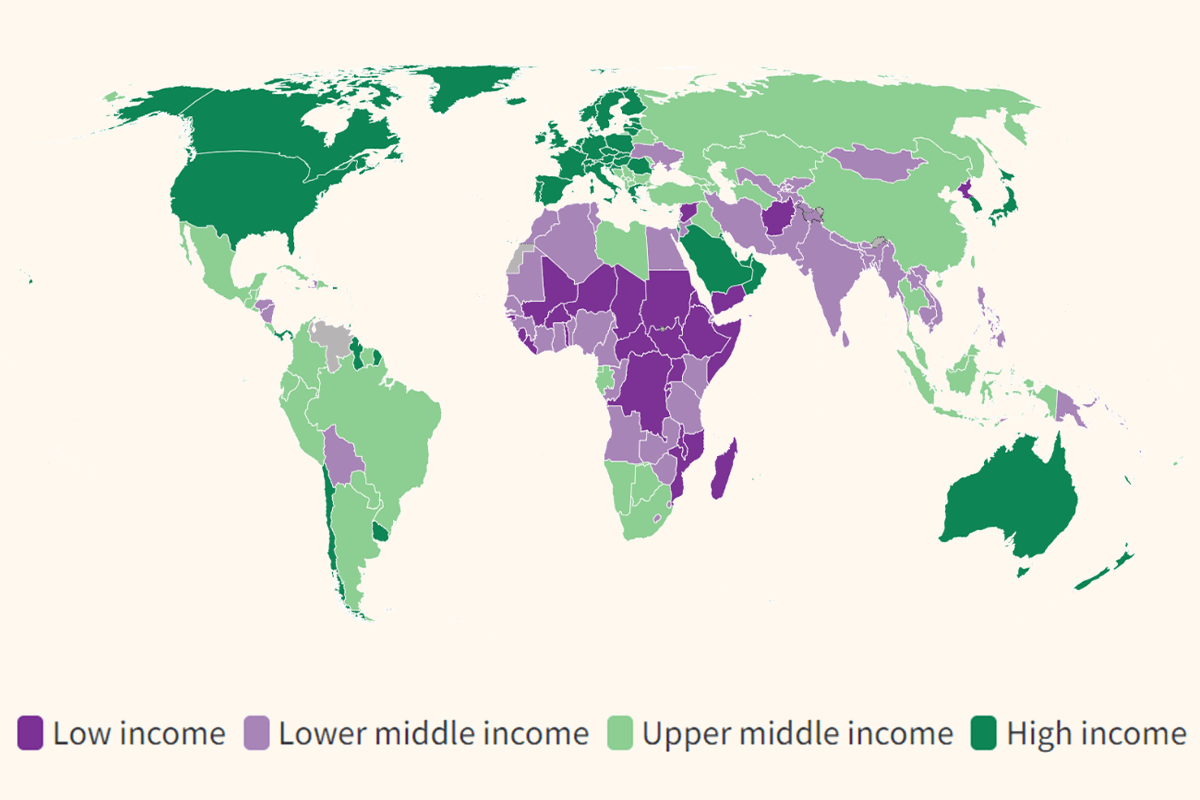
Under-representation of low- and middle-income countries (LMIC) in the research literature: Ethical issues arising from a survey of five leading medical journals
by William Aidan Woods, Matthew Watson, Sandali Ranaweera, Gulshan Tajuria, Athula Sumathipala
Global Public Health 2023;18(1) (Open access)
Abstract
Despite many initiatives taken by funding bodies and health care organisations, the 10/90 gap in health care and health system research between low and middle-income countries (LMIC) and high income countries is still widely recognised. We aimed to quantify the contribution of LMIC in high impact medical journals and compare the results with the previous survey conducted in 2000. Research articles were anaylsed to determine the origin of data and authorship affiliated countries in a calendar year (2017) for five journals: British Medical Journal, The Lancet, New England Journal of Medicine (NEJM), Annals of Internal Medicine and the Journal of the American Medical Association. Contributing countries were categorised into four regions; USA, UK, Other Euro-American countries (OEAC) and rest of the world (RoW). A total of 6491 articles were categorised where USA, UK and OEAC contributed 39.7%, 28.5% and 19.9% respectively. RoW countries contributed 11.9% of articles surveyed. The Lancet and NJEM had the highest numbers from RoW with 22.1% and 17.3% respectively. After 17 years, the trend remained comparable with the original survey carried out in 2000. RoW contributions increased from 6.5% to only 11.9% of the published articles from countries accounting for 88.3% of the world’s population.
From the Introduction
“Global health is ‘a field of study, research and practice that places a priority on achieving equity in health for all people’ (Koplan et al., Citation2009). There should be ‘collaborative transnational research and action for promoting health for all’ (Beaglehole & Bonita, Citation2010). The majority of the world’s population resides in Low and Middle-Income countries (LMIC). Although research initiatives from LMIC have increased (Report of a High Level Task Force. Geneva: World Health Organization, Citation2009), discrepancies in the quality of healthcare available to individuals in different countries and within the same country persist (Luchetti, Citation2014). Research is a crucial requirement for improving health care services for populations in need (Report from the Ministerial Summit on Health Research: World Health Organization, Citation2004). Mainly due to a lack of economic viability and research capability has specific historical and political reasons for inequalities persisted, hence LMIC nations are under-represented in research (Røttingen et al., Citation2012).
“The field of global health is concerned with the health of populations worldwide, focusing on issues that typically have global, political and economic significance. These health issues usually transcend national boundaries and are best solved through international collaboration (Brown et al., Citation2006). This highlights the importance of the dissemination of research in such a way that it reaches every population in the world who could potentially benefit from it. Articles such as the current one aim to highlight which parts of the world are research active and publish the most research. This is a follow-up study to allow for direct comparison to previous work. There was an extensive research gap between High-Income Countries (HIC) and the rest of the world (RoW), as evidenced by prior research and this study. Therefore the implication is that the RoW relies on the research studies of HIC….”
VISUAL: The world by income and region, by World Bank, 2022



